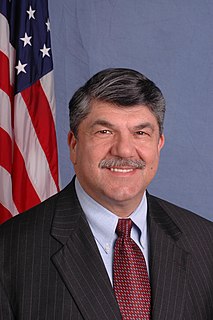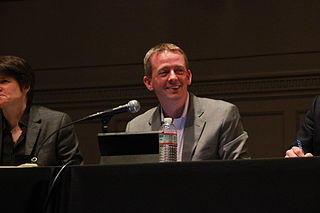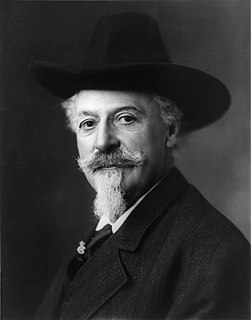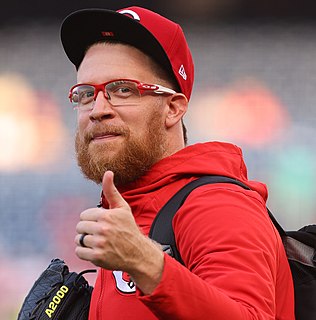A Quote by Joshua Oppenheimer
I first went to Indonesia in 2001 for six months. I was to help a community of plantation workers to make a film documenting and dramatizing the struggle to organize a union in the aftermath of the Suharto dictatorship.
Related Quotes
I was at one of the lowest points of my life when we started this film [Dream of Life], except, of course, that I had two great children. But the film is not documenting a decline; it's documenting a rise up - first baby steps and then big steps up. The worst that could have ever happened to me had already happened. And so the film is on the ascent. And I think that gives it a nice spirit.
Most fast-food workers can't easily join a union, because they don't work directly for their parent company, such as McDonald's or Subway. Instead, they work for individual franchise owners, ensuring that each individual fast-food outlet would have to organize and win union recognition separately. So there's not one central employer to bargain with, as in a traditional union campaign.
Caterpillar was quite important because that was the first manufacturing industry that used Reaganite strike-breaking techniques. They illegally called in scabs to break a major strike. It was reported pretty well in the Chicago Tribune, who pointed out something very interesting. They said that the workers got very little support in Peoria when scabs illegally broke the strike, and that was particularly striking because that whole community had been built up by the union - it was a union-based community.
I was once being interviewed by Barbara Walters. In between two of the segments she asked me: "But what would you do if the doctor gave you only six months to live?" I said, "Type faster." This was widely quoted, but the "six months" was changed to "six minutes," which bothered me. It's "six months."
Union membership is not the sole guarantor of job security and a living wage, but nonunion factory workers do not enjoy the same protections as union workers. They're subject to exploitation, underpayment and lower standards of workplace safety - which is also often the case for manufacturing workers outside the United States.





































